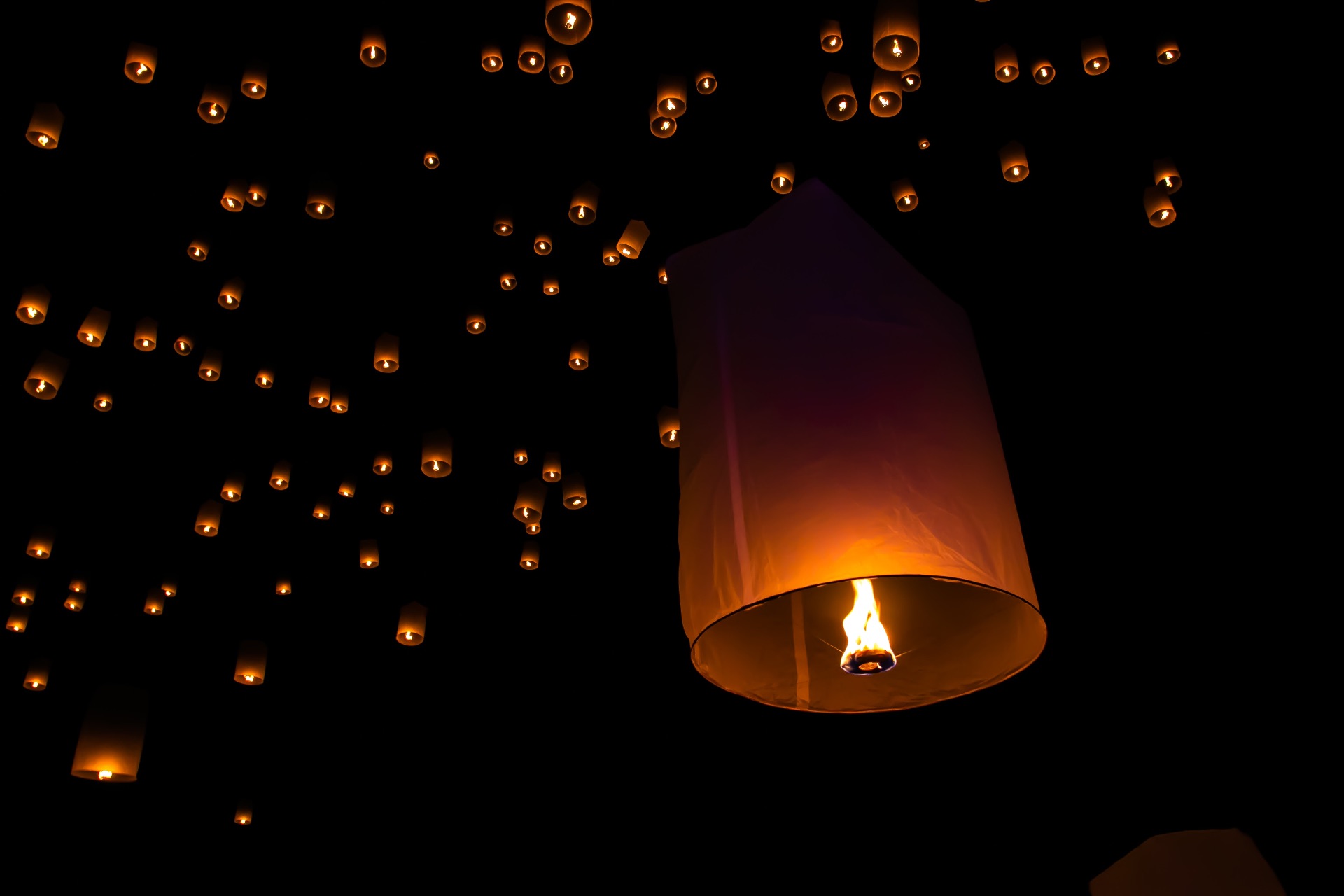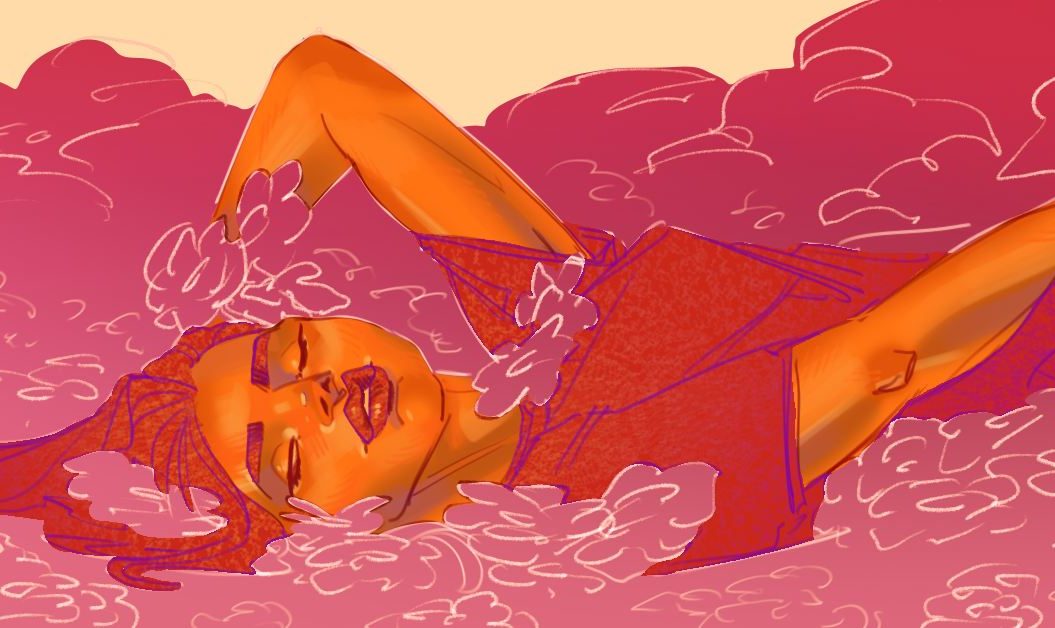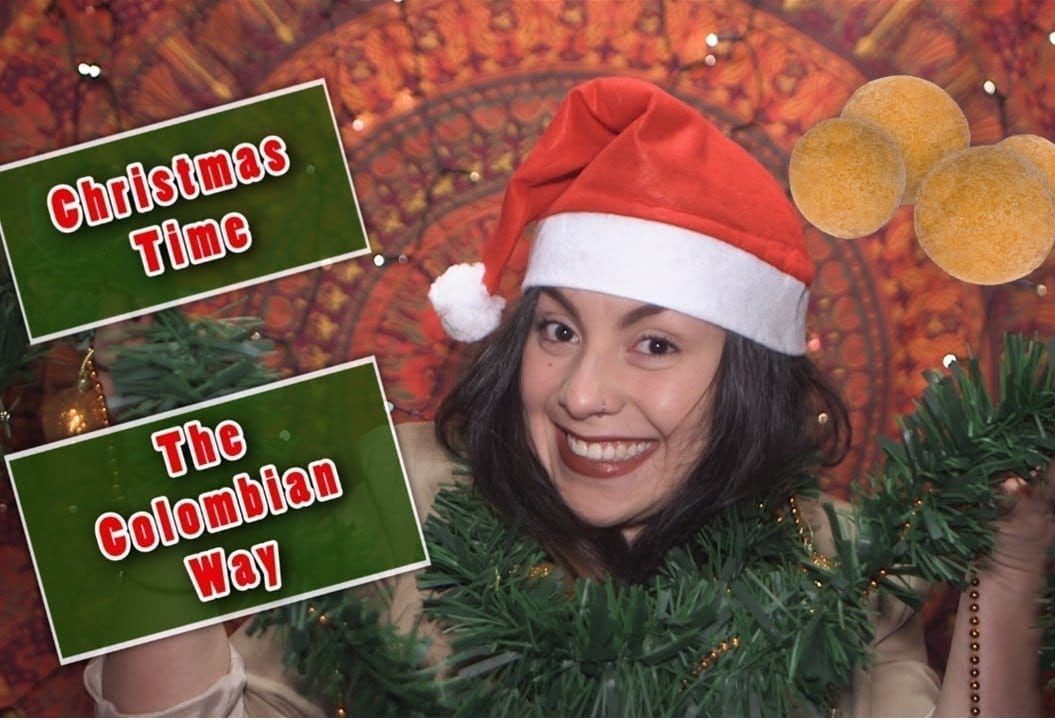Hi everyone my name is Hannah and I'm a third year student studying Biomedical Science. I'll be starting my MSc in Data Science and Applied Analytics next year. Outside of university I've really enjoyed teaching myself to crochet over the…

Lunar New Year
Lunar New Year celebrates the start of a new lunar year falling in January or February. This year, the 2023…
January 22, 2023,
read.
Lunar New Year celebrates the start of a new lunar year falling in January or February. This year, the 2023 Lunar New Year falls on the 22nd January. Although known widely as Lunar New Year, it’s celebrated in many Asian countries, like Vietnam and South Korea. This event is regarded as the largest annual human migration as millions of the Chinese population go home to celebrate with their families!
The festival lasts a total of 15 days, beginning this year on the 22nd of January, however this changes depending on when there is a new moon, which is why it’s known as Lunar New Year. Each year is represented by 1 of 12 animals of the Chinese Zodiac, this year marks the change between the tiger and the rabbit, as each animal has a year dedicated to them one every 12 years in an ongoing cycle. People are associated with the zodiac animal of the year they were born, like a horoscope, with each animal having particular characteristics.

It’s also known as Spring Festival with the celebrations fittingly beginning with spring cleaning, everyone cleans out their home ready for a fresh start. This symbolises removing any bad luck whilst also making them ready for the upcoming celebrations. Food is also shared in large family meals during the festive period, with foods like dumplings, radish cake, tangerines, noodles and Nian gao (new year rice cake) being typically eaten as they’re thought to bring luck for the upcoming year.
Another tradition is to gift a bright red envelope containing money, this is known as hongbao, to friends and family; with banks often giving them out for free in the weeks leading up to the celebrations. These symbolise good luck and wishes for the year ahead.
Moreover, fireworks are set off throughout the celebration period as it’s thought the lights and noise keep evil spirits at bay. Performances are also common, where people will dress traditionally, performing traditional dances like Lion dancing; this is often in the form of a parade. The ending of the festivities are marked with a special lantern festival, this will take place on the 5th of February this year. People will light lanterns dedicated to their deceased loved ones, often attaching offerings. The lanterns are said to symbolise peace, forgiveness and reconciliation.

The holiday has origins dating back around 3,500 years ago, in the Shang Dynasty, it’s evolved over time, being traditionally routed in region. It takes elements from Buddhism along with others where people would hold sacrificial ceremonies to honour the gods during this time. However, it’s commonly regarded as a festival of removing the old and bad and welcoming in the good.
- Topics
- New Year



